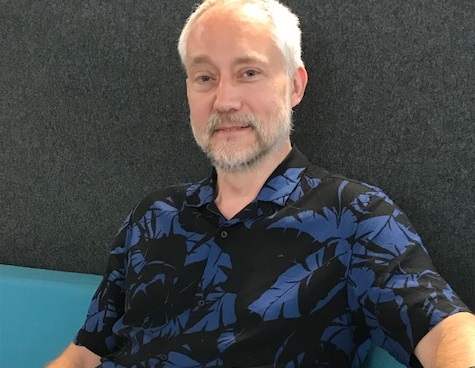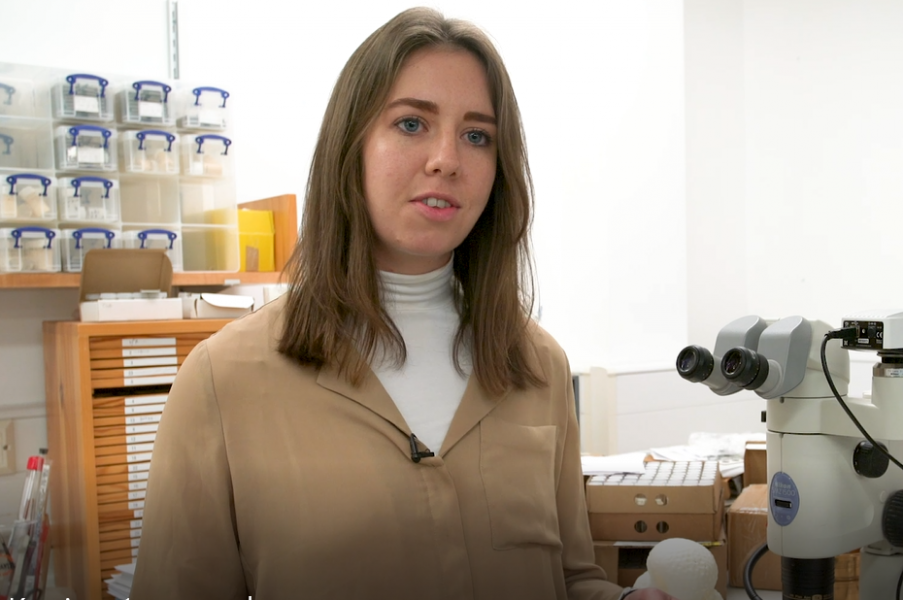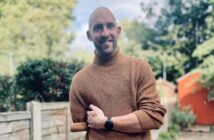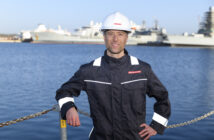It’s that time of year, when exams are being sat in universities up and down the country and finishing touches are being put to dissertations and essays.
At The Open University it’s no different, this June will see more than 25,000 students sit exams and a further 60,000 will hand in their End of Module Assessment (EMA). These much longer length essays will require planning, structure, lots of words and lots of time.

Dr Damon Miller is an associate lecturer at the OU and a tutor on Level 2 International development: making sense of a changing world having taught on other modules, including post grad ones and at other universities too.
“The simplest advice I could give is also the most fundamental when facing an exam or EMA – don’t panic.
“Keep calm. In terms of exams, jot down important things at the beginning, before you even look at the paper – you don’t want to be two hours in trying to remember something which you knew when you sat down.
“Practice handwriting and take different size pens in to the exam with you – changing pens helps avoid cramp.
“There’s a wealth of advice around – talk to your tutor, check the module site for specific advice. I’d struggle to think of any student I’ve taught who hasn’t been capable of passing – you know more than you think you do, and this is your opportunity to show it.”
OU PhD student Katrina Nilsson-Kerr also has advice about sticking with it and coming through in the end. And she’s someone who knows all about that!
Over the past three years this STEM student has spent hours working on her PhD project, involving long days in the lab studying microscopic marine sediment for a research project.
The project – to reconstruct past versions of the Indian Monsoon – earned her and project lead Dr Pallavi Anand, a publication in the esteemed journal Nature Geosciences.
But while she’s now on the way to completing, she’s faced hurdles along the way that tested her mettle. Examining micro-fossils she first found the results were not coming out as expected. She says:

I’ve spent a lot of time in the lab but lab-work does not go smoothly as my three years and half will tell you. You have expectations, to find out this X Y and Z from these Foraminifera, the micro-fossils …. the results that we were setting out to get looked pretty bad, so that was quite disappointing. You have to go right back to plan A!”
Katrina started again, once more looking for the results she needed, but in the process she looked through all the data with a fresh pair of eyes.
“I found some interesting results that I thought, looks quite promising … so went back to the drawing board, lots more time spent in the lab and these interesting results proved fruitful.”
The paper produced from the study gave new findings about historic details of the Indian Summer Monsoon behaved, crucial to the bigger climate change picture and understanding what could happen in the future. In the end then, a real breakthrough.
“That’s what science is about”
“Even though initially I was incredibly upset and worried and like ‘why am I doing this PhD?’ I guess it showed that after all that, something interesting actually did come from it.
“I guess that’s what science is about. It’s not just straightforward … you can’t always expect the expected, you’ve got to kind of be prepared for the unexpected, which in this case has been quite positive.”
And her advice to anyone working on their essay or exam revision is direct and positive:
You’ve got this! Keep going and all the best.



